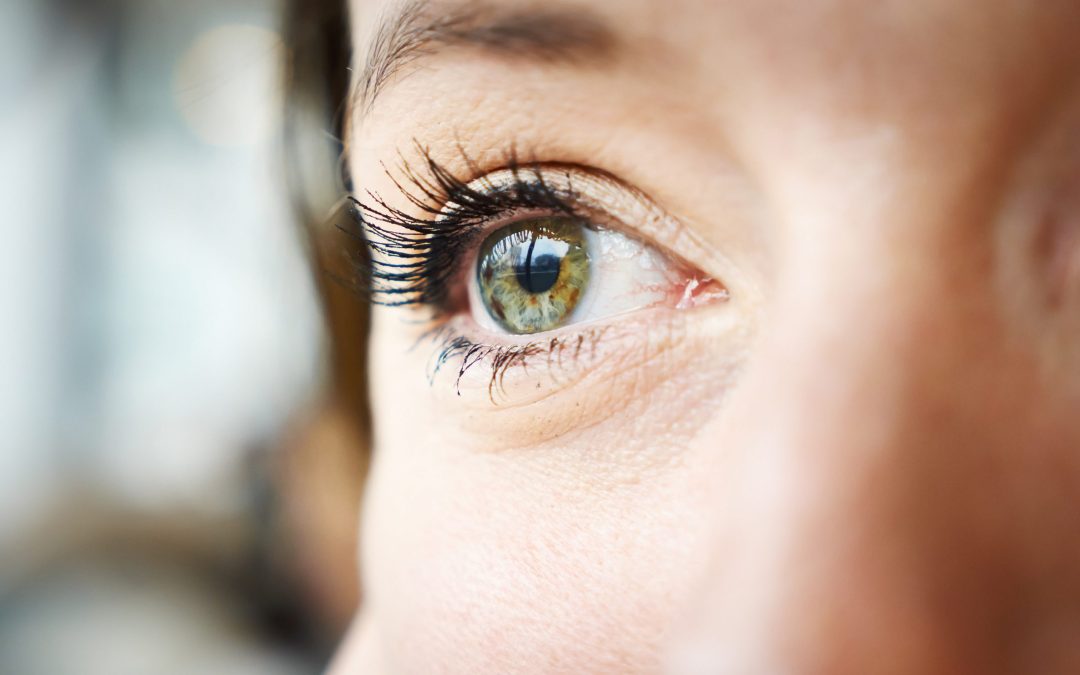Improve the impression you give
How do you see me? Oliver Burkeman asks you to consider how you come across to others...

The idea
Most of us are pretty sure that we know how we’re conveying ourselves to others, research reveals. But the same research also suggests that we’re usually wrong.
Instead, says self-awareness expert Tasha Eurich, we end up either flattering ourselves (assuming we’re funnier and less annoying than we really are) or doing ourselves down (underestimating how impressive or friendly others find us). The reason is simple, but easy to miss: you see everything you say or do in the context of all your inner thoughts and feelings, but everyone else sees only the outward actions. It’s like watching two different movies. To grasp how others see you, you need to ‘objectify’ yourself to yourself, to see your words and actions without the inner commentary, as if looking through someone else’s eyes.
How to make it happen
Ask ‘what’ instead of ‘why’: Asking ‘why’ questions – such as ‘why do I always seem to end up arguing with my colleagues?’– can send you off down unhelpful rabbit holes, Eurich says. Asking ‘what’ – as in ‘what are the things I do that people find annoying?’ – is more likely to yield specifics.
Write it down: The proven psychological benefits of journalling are partly down to the fact that it involves externalising your feelings. That helps self-awareness, too. Spill out your heart onto the page, then return to it a couple of days later, and you’ll be close to seeing yourself the way others see you.
Imagine advising a friend: Instead of directly trying to address problems in your relations with others, ask yourself how you’d advise someone else facing the same situation. It’s famously easier to solve another person’s dilemmas than your own – so by turning yourself into ‘another person’, the path forward may suddenly seem clear.
Oliver Burkeman is author of ‘The Antidote: Happiness For People Who Can’t Stand Positive Thinking’ (Canongate, £8.99)
Image: Getty








